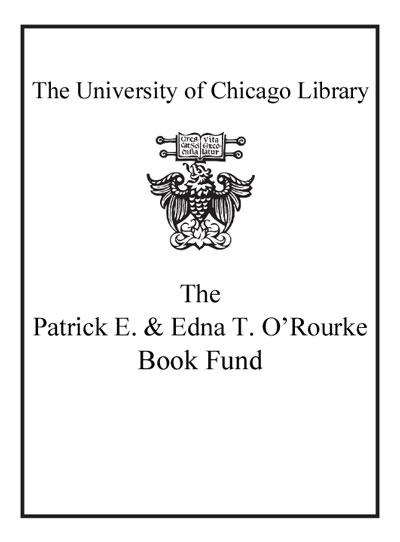Henry Ossawa Tanner : art, faith, race, and legacy /
| Author / Creator: | Woods, Naurice Frank, Jr., author. |
|---|---|
| Imprint: | New York : Routledge, 2018. ©2018 |
| Description: | xiv, 263 pages : illustrations ; 25 cm. |
| Language: | English |
| Series: | Routledge research in art and race Routledge research in art and race. |
| Subject: | |
| Format: | Print Book |
| URL for this record: | http://pi.lib.uchicago.edu/1001/cat/bib/11375023 |
| Summary: | Over the last forty years, renewed interest in the career of Henry Ossawa Tanner (1859-1937) has vaulted him into expanding scholarly discourse on American art. Consequently, he has emerged as the most studied and recognized representative of African American art during the nineteenth century. In fact, Tanner, in the spirit of political correctness and racial inclusiveness, has gained a prominent place in recent textbooks on mainstream American art and his painting, The Banjo Lesson (1893), has become an iconic symbol of black creativity. In addition, Tanner achieved national recognition when the Philadelphia Museum of Art in 1991 and the Pennsylvania Academy of the Fine Arts in 2012 celebrated him with major retrospectives. The latter exhibition brought in a record number of viewers. While Tanner lived a relatively simple life where his faith and family dictated many of the choices he made daily, his emergence as a prominent black artist in the late nineteenth century often thrust him openly into coping with the social complexities inherent with America's great racial divide. In order to fully appreciate how he negotiated prevailing prejudices to find success, this book places him in the context of a uniquely talented black man experiencing the demands and rewards of nineteenth-century high art and culture. By careful examination on multiple levels previously not detailed, this book adds greatly to existing Tanner scholarship and provides readers with a more complete, richly deserved portrait of this preeminent American master. |
|---|---|
| Physical Description: | xiv, 263 pages : illustrations ; 25 cm. |
| Bibliography: | Includes bibliographical references (pages 249-257) and index. |
| ISBN: | 9781138241947 1138241946 |

